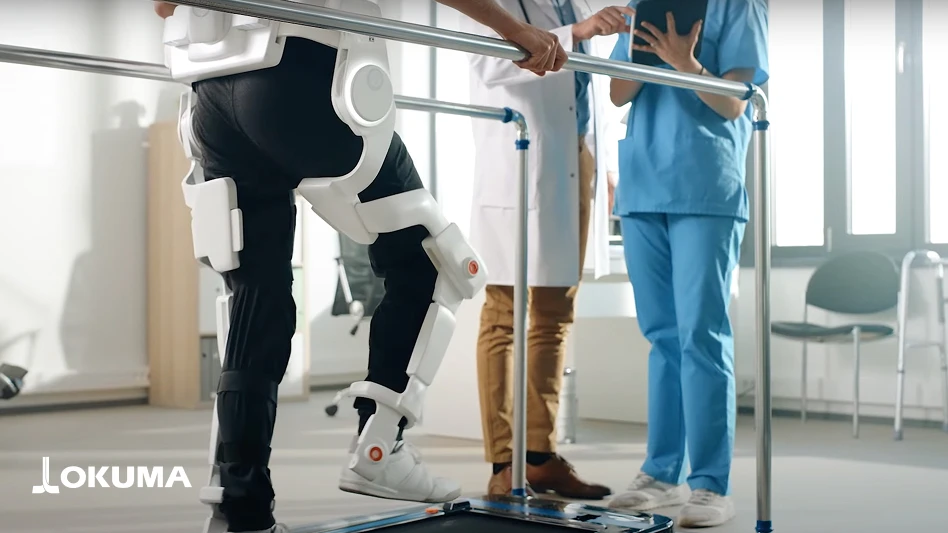
Researchers at UC San Francisco have successfully developed a “speech neuroprosthesis” that has enabled a man with severe paralysis to communicate in sentences, translating signals from his brain to the vocal tract directly into words that appear as text on a screen.
Researchers at UC San Francisco have successfully developed a “speech neuroprosthesis” that has enabled a man with severe paralysis to communicate in sentences, translating signals from his brain to the vocal tract directly into words that appear as text on a screen.
The achievement, which was developed in collaboration with the first participant of a clinical research trial, builds on more than a decade of effort by UCSF neurosurgeon Edward Chang, MD, to develop a technology that allows people with paralysis to communicate even if they are unable to speak on their own. The study appears July 15 in the New England Journal of Medicine.
Latest from Today's Medical Developments
- Driving successful medtech innovation
- Last call for July’s medical manufacturing Lunch + Learn!
- Transform What’s Possible with the Okuma MULTUS U3000
- Okuma: Extraordinary Starts Where Limits End
- Are new medical procedures patentable?
- Caltech's smart capsule to study the health of the GI tract
- Unlocking stronger silicone adhesives for 3D printing
- Verisurf announces support for new Renishaw Equator-X










